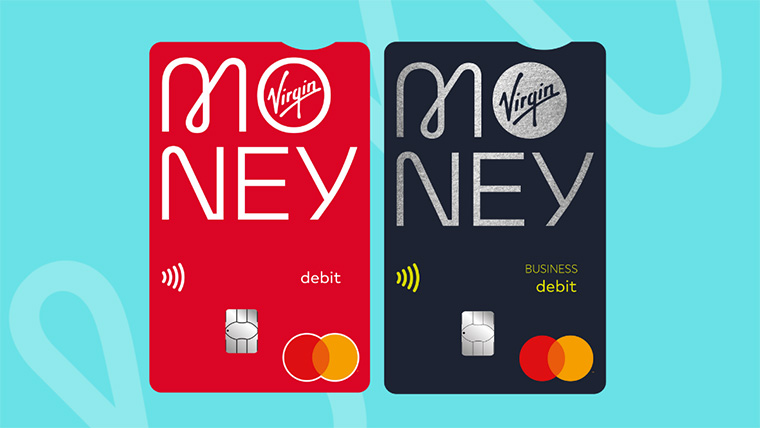
The essential guide to mastering your cashflow management

Do I need a business bank account?

How to improve your businesses cyber security

Agri E Fund: helping farmers create a greener future

Four easy and healthy meals to add to your weeknight rotation

What's the difference between a personal bank account and a business bank account?

Five ways to supercharge your business

Eight tips for starting a business from home

The five-part toolkit for calming financial anxiety

Seven healthy and delicious recipes on a budget

Nine marketing tips that will help get your business noticed

It's time to give your money a financial health check - here's how
 Business
Business
Six successful business TikTokers to follow
 Business
Business
Boost your business's social media presence in ten simple steps
 Business
Business
How to start a successful business in 2022
 Money worries
Money worries
5 signs you have financial worries and how to cope with them
 Business
Business